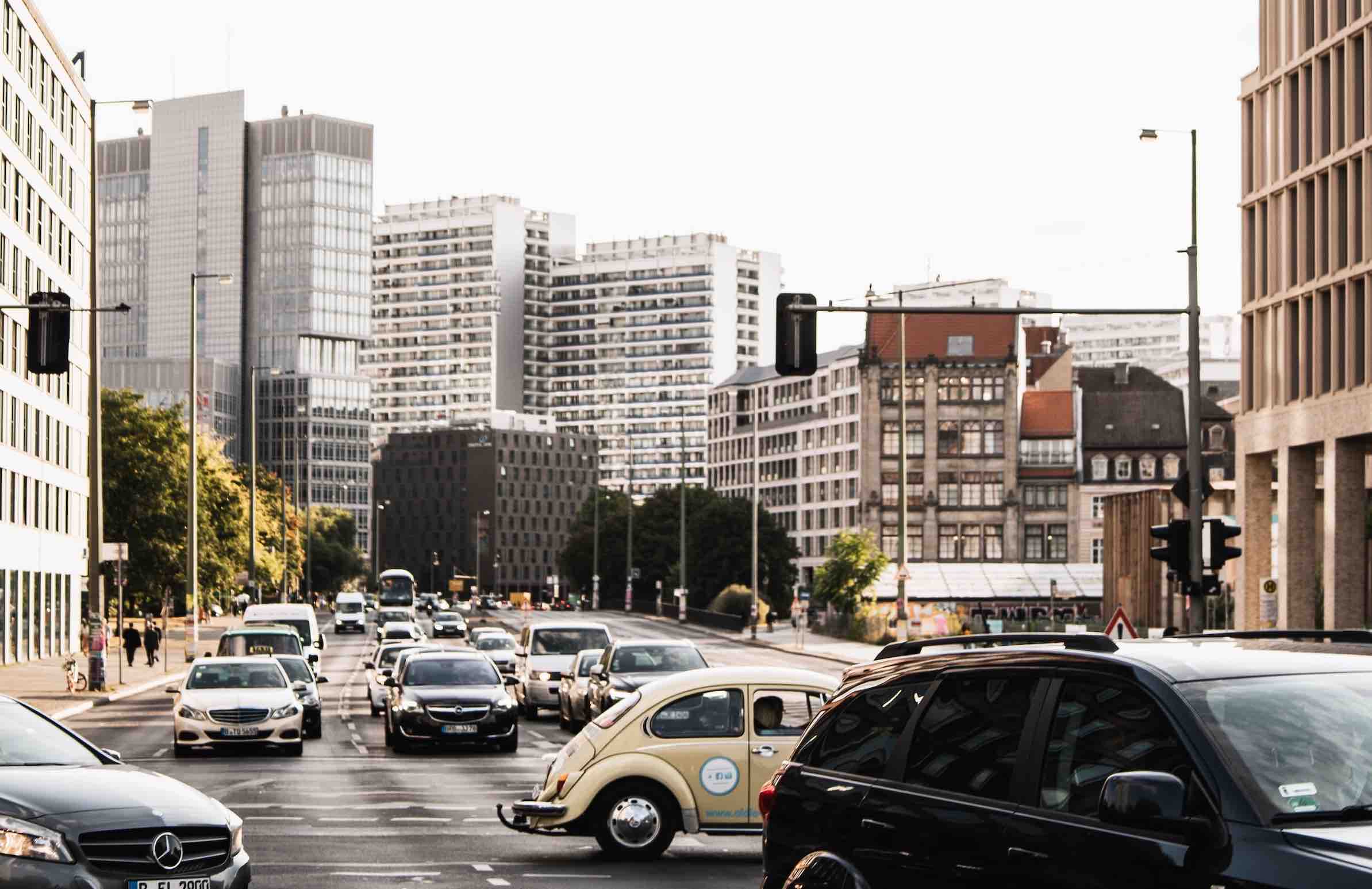The EU Commission wants to protect people and the environment even better from exhaust fumes by imposing stricter regulations on carmakers. However, there is cross-party resistance where the manufacturers are located.
The car states of Bavaria, Baden-Württemberg and Lower Saxony fear considerable disadvantages for the German automotive industry as a result of the implementation of the Euro 7 emissions standard. “Whether a further tightening of standards due to other diffuse sources of immission will even lead to a further significant improvement in air quality seems rather questionable to us,” reads a letter from the three state premiers to Chancellor Olaf Scholz (SPD), which was made available to the Deutsche Presse-Agentur in Munich.
The social benefits and economic costs would have to be “in reasonable proportion.

Road traffic is biggest source of air pollution in cities
“A new emissions standard and the associated test conditions must also be technically and economically achievable. In addition, it requires appropriate implementation deadlines that also take into account the development cycles of car manufacturers,” the three-page letter from Markus Söder (CSU), Winfried Kretschmann (Greens) and Stephan Weil (SPD) continues.
In November, the EU Commission had presented its proposals for a stricter emissions standard in the EU. According to the Commission, road traffic is the largest source of air pollution in cities. According to estimates, particulate matter and nitrogen oxide pollution from road traffic caused about 70,000 premature deaths in EU countries and the UK in 2018.
Euro 7, for example, is expected to reduce nitrogen oxide emissions from cars by an estimated 35 percent by 2035, and by more than 50 percent for buses and trucks.
